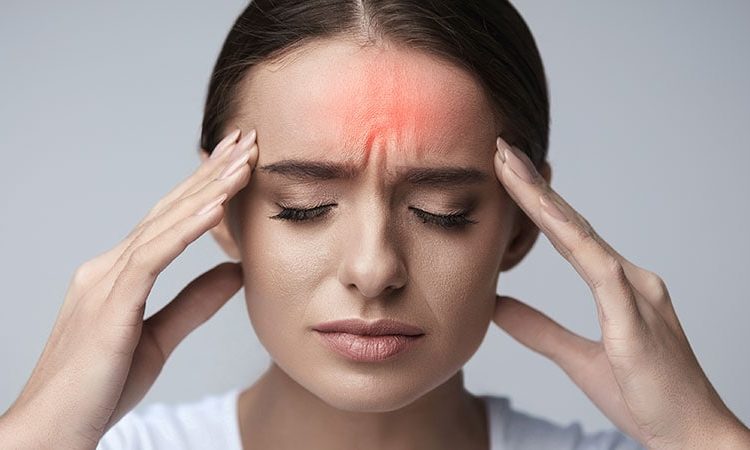An investigational dihydroergotamine nasal spray for the acute treatment of migraine failed to meet its co-primary endpoints in a late-stage study, according to topline results announced by the developer.
STS101 (Satsuma Pharmaceuticals) was not statistically superior to placebo for freedom from pain and most bothersome symptom 2 hours after dosing in the SUMMIT phase 3 efficacy trial, the company said.
However, topline data did show numerical differences in favor of STS101 at 5.2 mg vs placebo on these outcomes at 2 hours post-dosing.
In addition, the active treatment demonstrated significant effects on both freedom from pain and most bothersome symptom by 3 hours post-dose and at 4, 6, 12, 24, and 48 hours.
It was also statistically superior to placebo on multiple key secondary endpoints considered clinically relevant and was recommended for assessment in acute migraine treatment trials.
John Kollins, MBA, president and CEO of Satsuma, said in a press statement the company is “surprised and disappointed” by SUMMIT’s primary endpoint results.
However, Kollins added that, based on interactions to date with the US Food and Drug Administration (FDA), “we believe the results from the STS101 phase 1 pharmacokinetic and ASCEND phase 3 open-label, long-term safety trials will support the STS101 NDA filing and marketing approval.”
Key Secondary Outcomes
STS101 is a “nasal powder formulation of the well-established anti-migraine drug, dihydroergotamine mesylate,” Satsuma noted in the release.
The SUMMIT trial included adult participants aged 18-65 years with at least a 1-year history of migraines.
Secondary endpoints that were significant for STS101 vs placebo included the number of patients with pain relief at 2 hours post-dose (P = .0017) and at all timepoints thereafter; the number needing rescue medicine within 24 and 48 hours (P < .0001 and P = .0001, respectively); and the number with no headache pain at 2 hours who remained pain free at all timepoints through 24 hours (P = .0479).
STS101 also had a favorable safety and tolerability profile, which was consistent with the ASCEND safety study that was presented earlier this year at the American Academy of Neurology (AAN) annual meeting.
“A large proportion of people with migraine do not achieve sufficient and sustained relief with current treatments, and we believe that in total, the data from the STS101 clinical program, in which more than 1600 subjects treated more than 8500 migraine attacks with more than 10,000 doses of STS101, demonstrate that STS101 has a differentiated profile and may address the unmet needs of many patients,” Kollins said.
However, the company noted that it “does not plan to invest in commercializing” the product.
The disappointing data from the SUMMIT trial sent the company’s shares down nearly 83% in premarket trading Tuesday, Reuters reported.
For more Medscape Neurology news, join us on Facebook and Twitter
Source: Read Full Article
